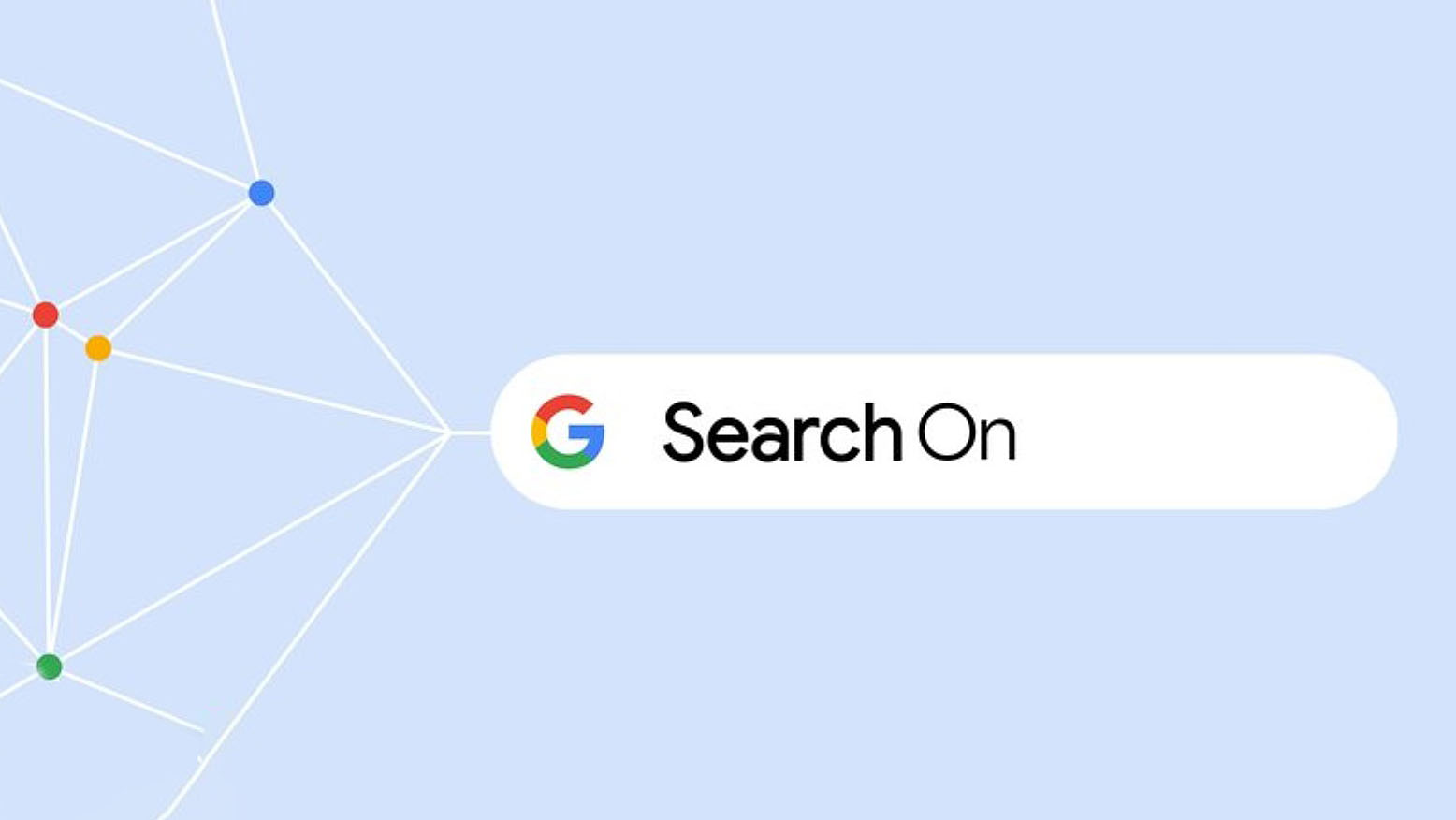To instruct search engines to index your site, you can follow these steps
Create and Submit a Sitemap
- Generate an XML sitemap that includes a list of all the pages on your site. This provides search engines with a roadmap for indexing.
- Submit the sitemap to search engines using their respective webmaster tools. For Google, you can use Google Search Console, and for Bing, you can use Bing Webmaster Tools.

Submit Your Site to Search Engines
- Manually submit your site to search engines. While most search engines automatically discover and crawl new websites, submitting your site manually can expedite the process.
- Look for submission forms or tools on the search engine’s webmaster tools or submission pages.
Use the “Fetch as Google” Tool
- In Google Search Console, use the “Fetch as Google” tool to request indexing for specific pages. This tool allows you to submit individual URLs for crawling and indexing.
Create a Robots.txt File
- Develop a robots.txt file to provide guidance to search engine crawlers regarding which pages or sections of your site should not be crawled. This file can be placed in the root directory of your website.
Add the “meta” Tag to HTML
- Insert the following meta tag in the head section of your HTML pages to instruct search engines to index your content:

This tag indicates that the page should be indexed, and the links on the page should be followed.
Internal Linking
- Ensure that your site has a clear and logical internal linking structure. Internal links help search engines discover and navigate through your content.
Share Your Content on Social Media
- Share your site’s content on social media platforms. While social signals themselves may not directly impact rankings, they can contribute to increased visibility and potential indexing.
Optimize Page Load Times
- Improve your site’s speed and performance. Faster-loading pages are more likely to be crawled and indexed promptly.

Promote Quality Content
- Produce high-quality, valuable content that attracts users and encourages them to share or link to your pages. Quality content is more likely to be crawled and indexed by search engines.
Regularly Update Content
- Regularly update and add new content to your site. Search engines often prioritize fresh and relevant content, leading to more frequent indexing.
Remember that indexing is an ongoing process, and search engines may take some time to discover and crawl new content. Patience is key, but implementing these strategies can help ensure that your site is effectively communicated to search engines for indexing. Additionally, monitoring your site’s performance through webmaster tools can provide insights into indexing status and potential issues. You can work with succesfull SEO Agency to index all of your pages to the search engines and earn traffic for your website.
Author: Hakan Karaman





